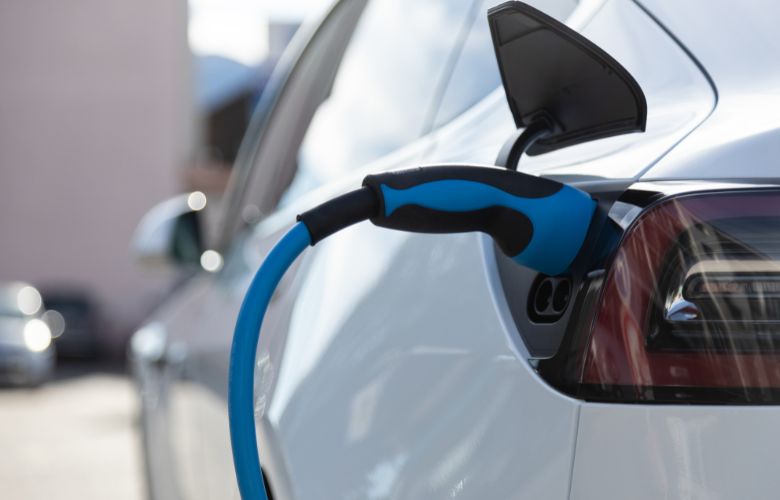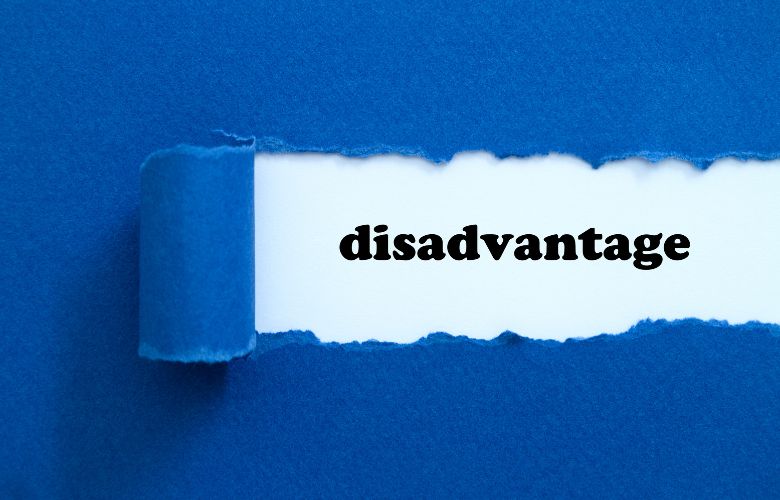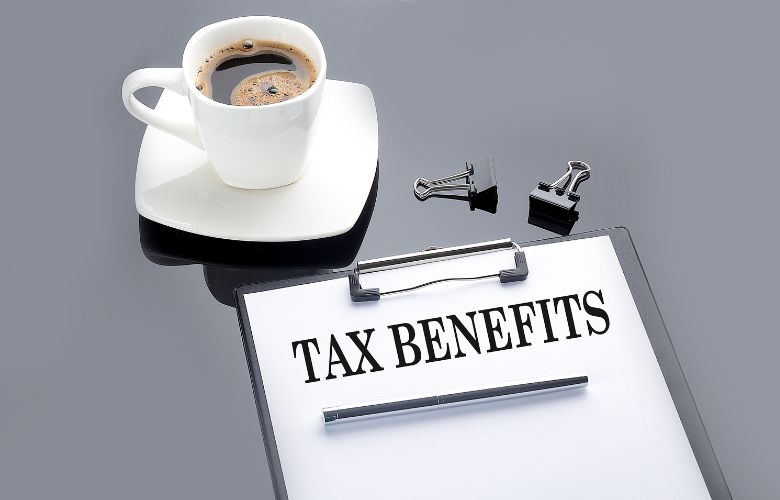Purpose and Usage

Before purchasing a vehicle, it’s essential to define its intended purpose and how it will be used within your business operations. Different industries have varying requirements, whether it’s transporting goods, providing services, or sales visits. Understanding your specific needs will guide you towards choosing the right type, size, and features of the vehicle.
Budget and Financing

Setting a clear budget is critical. Not only should you consider the purchase price, but also ongoing costs like fuel, maintenance, insurance, and registration fees. Business vehicles are often financed through loans or leases. It’s important to compare different financing options and consider their long-term implications on your business’s financial health.
Tax Implications

Taxation is a significant consideration when purchasing a business vehicle in Australia. Businesses can claim tax deductions for expenses related to the vehicle’s operation and ownership. The Australian Taxation Office (ATO) provides guidelines on claiming deductions, including depreciation, fuel expenses, and maintenance costs. Consulting a tax professional is advisable to ensure compliance and maximize tax benefits.
Depreciation and Resale Value

Vehicles generally depreciate over time, affecting their value. It’s crucial to choose a vehicle with a good resale value, as this can impact your business’s overall assets. Some brands and models retain their value better than others. Additionally, the ATO provides guidelines on calculating depreciation for tax purposes.
Fuel Efficiency and Environmental Considerations

Fuel expenses can be a substantial portion of a business’s vehicle-related costs. Opting for fuel-efficient or hybrid vehicles can lead to long-term savings and demonstrate your commitment to environmental responsibility, which is increasingly valued by customers and stakeholders.
Maintenance and Warranty

Reliability is key when choosing a business vehicle. Consider the manufacturer’s reputation for reliability, availability of service centres, and the warranty period offered. Unforeseen breakdowns or maintenance issues can disrupt your operations and increase costs.
Branding and Image

Your business vehicle often serves as a mobile advertisement for your company. The choice of vehicle can reflect your brand’s image and professionalism. Consider how the vehicle aligns with your brand’s aesthetics and messaging.
What are the Advantages of Purchasing Through Your Business?

When it comes to acquiring a vehicle for your business in Australia, there’s a strategic advantage in purchasing through your business. This approach not only enhances your operational capabilities but also offers a range of financial benefits. Let’s explore the ways in which purchasing a business vehicle can yield substantial advantages, from tax deductions to improved cash flow.
Tax Benefits and Deductions: At the forefront of advantages lies the realm of tax benefits. Opting to purchase a vehicle through your business opens the door to a host of deductions that can significantly reduce your overall tax liability. Expenses related to the vehicle’s operation, such as fuel, insurance, maintenance, and even interest on loans, can all be claimed as deductions. This strategic move can lead to a considerable reduction in your taxable income, enhancing your financial position.
Depreciation Deductions: Businesses can further capitalize on the concept of depreciation. As vehicles naturally decline in value over time, businesses can leverage depreciation deductions for tax purposes. Depending on the vehicle’s type and usage, businesses can claim depreciation over a specified schedule. This dynamic aspect of vehicle ownership can provide additional financial relief, helping to offset costs.
Goods and Services Tax (GST) Credits: For businesses registered for GST, the benefits extend to claiming input tax credits on the GST included in the purchase price of the vehicle. This practical advantage effectively reduces the overall cost of the vehicle. By utilizing GST credits, businesses can manage their budget more effectively and allocate resources to other critical areas of operation.
Novated Leasing: Enterprises exploring alternative finance options can find value in novated leasing arrangements. This approach involves a mutually beneficial agreement between the employee and the employer, allowing lease payments to be deducted from the employee’s pre-tax salary. This innovative arrangement not only provides tax advantages but also enhances the employee’s overall remuneration package.
Improved Cash Flow: Financing a vehicle through your business serves as a prudent strategy to optimize cash flow. Rather than depleting personal funds, you can distribute the cost of the vehicle over time. This approach preserves your personal financial resources, enabling you to allocate them to other critical aspects of your business’s growth and development.
Asset Protection: Ownership of assets by the business affords an additional layer of security. Separating business and personal assets safeguards your personal resources in the event of financial challenges or legal complications. Should unforeseen difficulties arise, your personal assets remain less susceptible to impacts, maintaining your financial stability.
Professionalism and Branding: Beyond the realm of financial advantages, there’s a notable enhancement to your business’s image. Owning a branded business vehicle contributes to your company’s professionalism and credibility. Branded vehicles not only convey a sense of legitimacy to clients and customers but also serve as mobile advertisements, promoting your products and services as they traverse the roads.
What are the Disadvantages of Purchasing Through Your Business?

While purchasing a vehicle through your business in Australia offers a range of advantages, it’s essential to also delve into the potential disadvantages that this approach may entail. As with any significant decision, a comprehensive understanding of the drawbacks is crucial to making an informed choice. Let’s explore the complexities and considerations associated with acquiring a business vehicle.
Administrative Complexity: Introducing a business vehicle into your operations can introduce administrative complexities. The process entails tasks such as meticulous record-keeping, accurate reporting, and adherence to intricate tax regulations. These administrative demands can increase the workload of your business operations, potentially requiring additional time, effort, and even financial resources to manage effectively.
Limits on Personal Use: When a vehicle is owned by the business, there may be limitations on its personal usage by employees or stakeholders. The Australian Taxation Office (ATO) enforces specific rules governing the extent to which a business vehicle can be used for personal purposes without impacting the tax deductions claimed by the business. Adhering to these regulations requires vigilance and a clear understanding of the guidelines.
Risk of Depreciation: While the prospect of tax benefits is enticing, it’s essential to acknowledge the natural depreciation that vehicles undergo over time. Business vehicles, like any other asset, can experience a decline in value, potentially affecting their resale worth. This aspect must be considered as it could lead to a financial loss if the vehicle’s value depreciates significantly.
Financing Restrictions and Customization: Exploring financing options for business vehicles can reveal certain restrictions that might not align with your business’s needs. Some financing avenues, particularly specific types of leases, may limit your ability to modify or customize the vehicle to suit your business’s specific requirements. This potential limitation could hinder your ability to tailor the vehicle to optimize its utility.
Higher Initial Costs: One notable drawback involves the potentially higher initial costs associated with purchasing a vehicle through your business, particularly when compared to personal purchases. This can be especially pronounced if you’re considering acquiring a luxury or premium model. Evaluating your budget and weighing the initial investment against long-term benefits is a critical step.
Complexity of Tax Regulations: Navigating the intricate landscape of business vehicle taxation demands a sound understanding of tax regulations. The complexity of these regulations can be challenging to navigate without professional guidance. Seeking advice from tax experts can ensure compliance with the rules and help you maximize the benefits without encountering unexpected pitfalls.
Record-Keeping Requirements: Effective record-keeping is imperative when substantiating your tax claims related to the business vehicle. Businesses must maintain accurate and detailed records of expenses and usage. This requirement ensures transparency and credibility in your tax deductions but can also impose additional administrative burdens on your operations.
Potential Fringe Benefits Tax (FBT): Introducing the element of personal use into business vehicles can trigger Fringe Benefits Tax (FBT). This tax is applied to non-cash benefits provided to employees, which could include personal use of a business vehicle. It’s essential to understand the implications of FBT and its potential impact on the overall financial advantage gained from tax deductions.
Taxation Benefits

In the dynamic landscape of business operations, the choice to purchase a vehicle for your enterprise is a significant decision. In Australia, this decision involves careful evaluation of various factors to ensure the investment aligns with your business’s goals and financial strategies. This article delves into the considerations that need to be taken into account when purchasing a vehicle for your business, highlighting the advantages and disadvantages of purchasing through your business as opposed to a personal purchase. Additionally, it explores the potential taxation benefits that can be derived from a business vehicle purchase. Here are some taxation benefits of business vehicle purchases:
Immediate Deductions for Small Businesses: Small businesses with an annual turnover of up to $50 million (as of the knowledge cutoff date) can benefit from the simplified depreciation rules. This includes an immediate deduction for assets costing less than $150,000, which can significantly reduce the upfront cost of purchasing a vehicle.
Instant Asset Write-Off: The instant asset write-off scheme allows eligible businesses to immediately deduct the business portion of the vehicle’s cost. This scheme encourages business investments by providing upfront tax relief.
Luxury Car Tax (LCT) Threshold: Vehicles that exceed the Luxury Car Tax threshold may attract additional taxes. However, certain types of vehicles, such as those designed for carrying goods, may be exempt from LCT.
In essence, purchasing a vehicle through your business in Australia encompasses a multitude of benefits that span from the realms of taxation to branding and professional appeal. The intricate web of tax deductions, depreciation advantages, and financing strategies positions businesses for a stronger financial footing. Furthermore, the ability to improve cash flow and protect personal assets adds to the overall appeal of this approach. As your business navigates the landscape of vehicle acquisition, it’s imperative to assess your specific circumstances and seek professional advice to maximize the advantages available. By strategically aligning your business’s needs with these benefits, you can drive your operations forward while simultaneously optimizing your financial outcomes.


